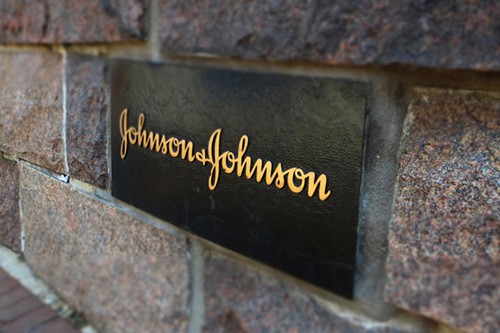
Johnson &Johnson’s pharma division Janssen has submitted a new drug application to the US Food and Drug Administration (FDA) for ponesimod in relapsing multiple sclerosis.
J&J acquired the S1P receptor modulator as part its $30bn takeover of Actelion, with the FDA application based on the head-to-head phase 3 OPTIMUM study comparing ponesimod to Sanofi’s blockbuster MS therapy Aubagio (teriflunomide).
Data from that trial showed that treatment with ponesimod was associated with a statistically significant, 30.5% reduction in the annualised relapse rate (ARR) compared to Aubagio in patients with the relapsing form of MS.
J&J’s drug also outperformed Aubagio on fatigue scores, MRI assessments of the number of active legions in the brain and the time to confirmed disability accumulation (CDA) – a measure of disease progression.
“In the coming months, we’ll work closely with the FDA to bring ponesimod one step closer to the MS patient community and remain encouraged by its superior efficacy profile – specifically in reducing new inflammatory lesions and disability accumulation – in comparison to a leading therapy on the market,” said Mathai Mammen, global head of Janssen Research & Development.
If approved, ponesimod will compete directly with Novartis’ S1P receptor modulator franchise, which includes Gilenya (fingolimod) and follow-up Mayzent (siponimod), which is approved for secondary progressive forms of MS only at the moment.
Bristol-Myers Squibb may also possess a potential rival, as it is due for an FDA decision on its MS drug ozanimod soon, following a series of delays due to the many hurdles to the completion of its acquisition of Celgene, which developed the drug.
As such, revenue forecasts for J&J’s drug are hard to predict as it is entering an increasingly crowded market. A range of blockbuster therapies are already available for MS, including Biogen’s Tecfidera (dimethyl glutamate) and new injectables like Roche’s Ocrevus (ocrelizumab).
There is also the looming threat of generic competition to Gilenya and Tecfidera which could make it even more difficult for new drugs to make any significant return in the market.
Although Novartis and Biogen have so far been able to defend their patents on the drugs, legal challenges continue in the US and Europe.




